"Drug dealers destroy and kill someone else’s children," Viktor Orban stated in his annual address on Saturday. Offenders deserve neither leniency nor mercy, and they will receive none, he stressed.
The Hungarian prime minister described the data regarding the increase in the sale and consumption of drugs as alarming.
Cheap, toxic concoctions, synthetic substances have flooded the country,
he said, pointing out that this must be curbed at any cost. He said he will appoint a designated government commissioner and the government will introduce zero tolerance
Magyar Nemzet reached out to several institutions and organizations involved in addressing drug-related issues or providing expertise and advice. Kristof Teglasy, strategic director at the Drug Research Institute, told our paper in a previous piece that he welcomed that the prime minister touched on the seriousness of the problem of drug trafficking and drug use in Hungary.
We can expect a reinforcement of the previously defined directions in the national anti-drug strategy, which prioritizes prevention, full recovery-oriented treatment, and zero tolerance,
Kristof Teglasy noted, emphasizing the importance of both crime prevention and strengthening drug prevention efforts. He also pointed out that the fight against drugs is closely linked to child protection, as a fairly high proportion of young people try drugs.
As is known, the Fidesz–Christian Democrats faction in the assembly of Budapest's municipality tried to revoke the capital's drug strategy designed by leftist-liberal actors, but the proposal failed due to votes from the Tisza Party.
In December, the Drug Research Institute criticized the drug strategy adopted by the Budapest municipality, stating that it not only contradicts the principles of the National Anti-Drug Strategy but also contains professionally questionable priorities. The capital's drug strategy, they argued, does not seek to combat substance use but rather portrays it as an unavoidable reality. It places disproportionately little emphasis on prevention and full recovery-focused treatment while outright rejecting zero tolerance.


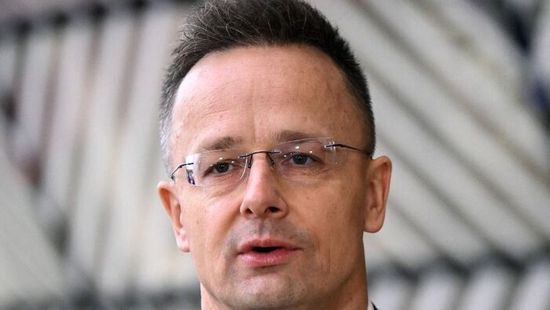




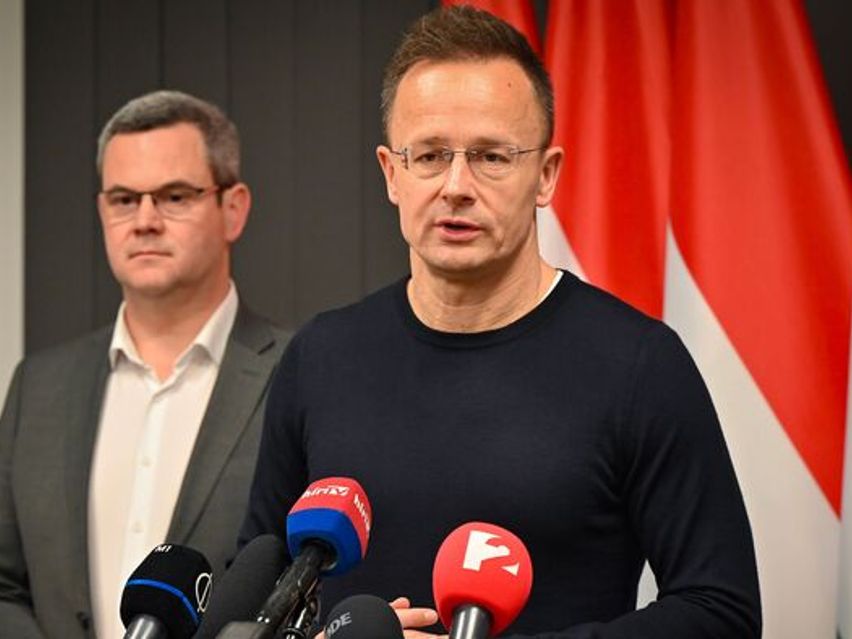




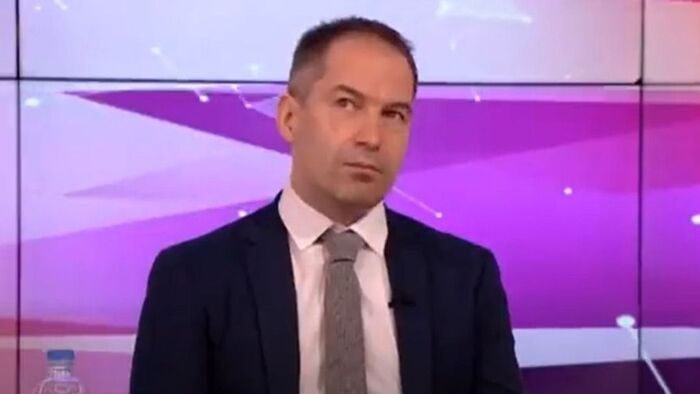

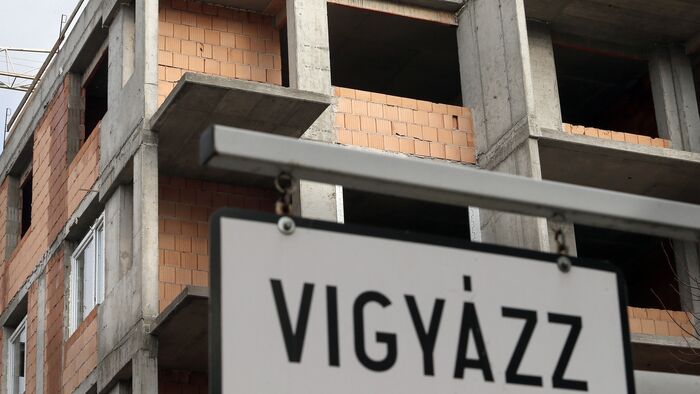






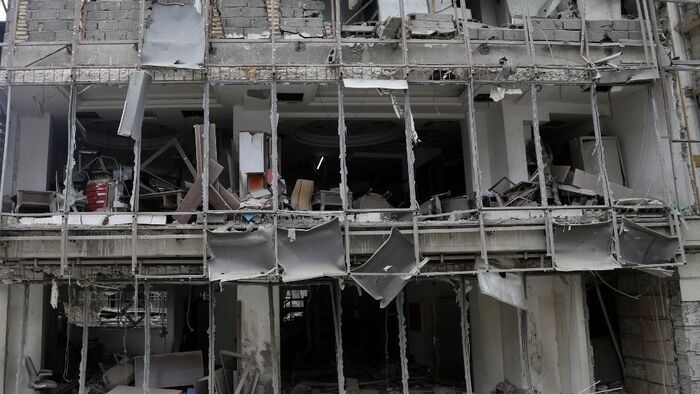

Szóljon hozzá!
Jelenleg csak a hozzászólások egy kis részét látja. Hozzászóláshoz és a további kommentek megtekintéséhez lépjen be, vagy regisztráljon!